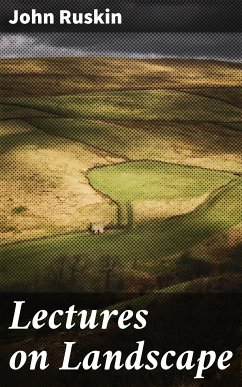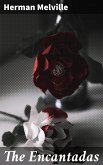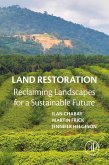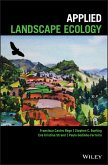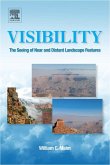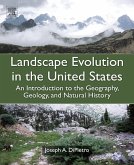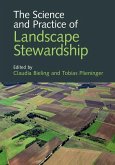In his captivating work "Lectures on Landscape," John Ruskin delves into the intricate relationship between art, nature, and the human experience. Through a series of lectures originally delivered to aspiring artists and architects, Ruskin employs a descriptive and often poetic literary style that reflects his deep appreciation for the natural world. He explores the aesthetic principles underlying landscape painting, emphasizing the importance of observation, truthfulness, and moral engagement with the environment. Set against the backdrop of the Victorian era, a time marked by rapid industrialization, Ruskin's critiques encourage a return to nature and an ethical approach to art that resonates deeply with contemporary ecological discussions. John Ruskin, a prominent art critic, social thinker, and advocate for the Gothic revival, was deeply influenced by his own extensive studies of nature and aesthetics. Born in 1819, his formative years were marked by a fervent appreciation for art and spirituality, elements that would shape his philosophy. His writings reflect a profound concern for the moral and social implications of art, as he witnessed the degradation of the English landscape amid industrial expansion. This context inspired Ruskin to impart his knowledge in "Lectures on Landscape," emphasizing the harmony between art and nature. "Lectures on Landscape" is essential reading for anyone interested in art history, ecology, or the philosophical underpinnings of artistic representation. Ruskin's incisive insights encourage readers to reevaluate their relationship with nature and inspire artists to cultivate deeper connections with the world around them. By engaging with this rich text, one cannot help but appreciate the enduring significance of Ruskin's vision in today's discussions of art and environmental stewardship. In this enriched edition, we have carefully created added value for your reading experience: - A comprehensive Introduction outlines these selected works' unifying features, themes, or stylistic evolutions. - The Author Biography highlights personal milestones and literary influences that shape the entire body of writing. - A Historical Context section situates the works in their broader era-social currents, cultural trends, and key events that underpin their creation. - A concise Synopsis (Selection) offers an accessible overview of the included texts, helping readers navigate plotlines and main ideas without revealing critical twists. - A unified Analysis examines recurring motifs and stylistic hallmarks across the collection, tying the stories together while spotlighting the different work's strengths. - Reflection questions inspire deeper contemplation of the author's overarching message, inviting readers to draw connections among different texts and relate them to modern contexts. - Lastly, our hand-picked Memorable Quotes distill pivotal lines and turning points, serving as touchstones for the collection's central themes.
Dieser Download kann aus rechtlichen Gründen nur mit Rechnungsadresse in A, B, BG, CY, CZ, D, DK, EW, E, FIN, F, GR, H, IRL, I, LT, L, LR, M, NL, PL, P, R, S, SLO, SK ausgeliefert werden.

